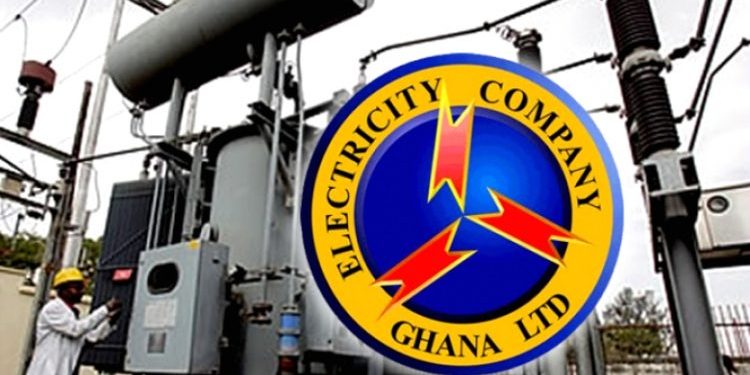ECG seeks 224% tariff hike to restore financial stability

The Electricity Company of Ghana (ECG) has proposed a sharp upward review of electricity distribution charges, seeking an average 224 percent increase in the Distribution Service Charge (DSC1) over the 2025–2029 tariff period.
According to ECG, the adjustment—from the current GHp19.0875/kWh to an average of GHp61.8028/kWh—is critical to restoring the company’s financial viability and ensuring sustainable operations. The proposal cites rising inflation, foreign exchange volatility, interest rates, and the need for full recovery of investment costs as the main drivers.
ECG’s projections show annual revenue requirements rising steadily, averaging GHS 9.1 billion across the five-year period. The company anticipates its operational costs, human resource expenses, depreciation, capital recovery payments, and tax obligations will continue to climb, necessitating a significant tariff review.
Beyond the headline increase, the company is recommending a wide-ranging set of reforms to the tariff structure. These include:
- Collapse of tariff bands to two categories for residential customers and one for non-residential users, aimed at simplifying billing.
- Elimination of cross-subsidisation to ensure equitable allocation of costs and non-discriminatory tariffs.
- Net Metering Tariff Structure for customers with grid-connected renewable energy, in line with government renewable energy policy.
- Adoption of the Bank of Ghana exchange rate for tariff determination to cushion against forex volatility.
- Service charge allocation exclusively to ECG for meter maintenance and replacement.
- Introduction of a public lighting tariff to resolve funding shortfalls for street lighting.
- Full recovery of investment costs for completed and ongoing projects.
- Inclusion of liquid fuel costs during plant shutdowns in the Weighted Average Cost of Fuel (WACOF).
- Factoring in the full reserve margin cost of 18 percent into tariffs.
- Monthly automatic tariff adjustments instead of the current quarterly system.
On energy procurement, ECG projects to source 22,784 GWh from the Volta River Authority and Independent Power Producers in 2025, transmitting 21,478 GWh after accounting for system losses. Losses are expected to decline gradually by one percent per year from the 27.68 percent recorded in 2024.
The utility estimates the bulk generation cost will rise from 253.78 GHp/kWh in 2025 to 302.73 GHp/kWh by 2029. With reserve margin included, the cost increases to between 313.02 GHp/kWh and 359.09 GHp/kWh over the same period.
If approved by the Public Utilities Regulatory Commission (PURC), the new tariff structure would mark one of the steepest adjustments in Ghana’s electricity pricing history, a move ECG insists is necessary to safeguard power reliability and support future investments.




